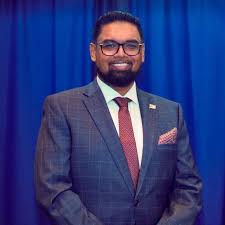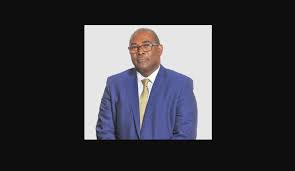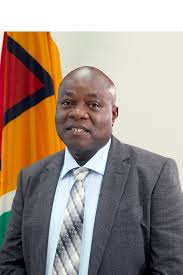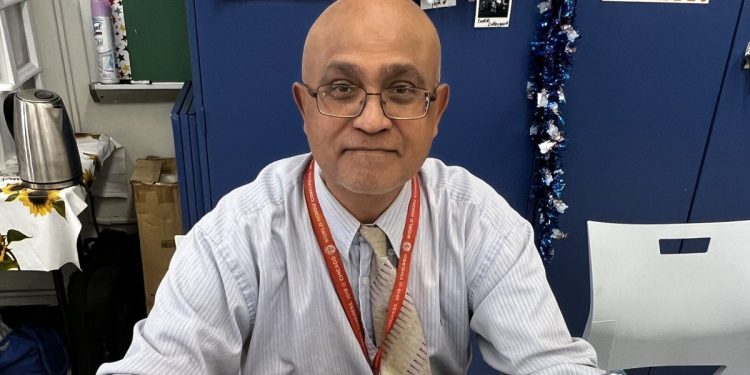Incumbent President Irfaan Ali and the ruling PPP in Guyana lead the opposition APNU (PNC) and AFC and would win a comfortable parliamentary majority government if the election were held soon, according to intention of voters from the latest opinion survey conducted by Dr Vishnu Bisram. The APNU, under the leadership of Opposition Leader Aubrey Norton, has been losing ground to both the PPP and AFC. Minor parties (ANUG, URP, etc.) have been trailing the others. This conclusion is from the latest findings (of October) from an ongoing survey being conducted by this writer for North American Caribbean Teachers Association (NACTA), a trend also found from surveys conducted earlier this year. The PPP is well-positioned to gain seats at the expense of PNC as traditional supporters of the opposition party have been gravitating towards the populist President Irfaan Ali and the PPP. Venezuelans of Guyanese descent is also gravitating towards the PPP, boosting its national support. The ruling party is also making gains among indigenous Amerindian voters. The AFC, under the new leadership of counsel Nigel Hughes, is also drawing support away from the PNC and from among Indians and from the indigenous communities. Hughes has a growing following since he became party leader last July.
Based on current survey and earlier polling data, the PPP would be virtually assured of winning a large parliamentary majority government if the election were held now and if the opposition parties were disunited, going into the election separately and if Norton is the Presidential candidate for the PNC (APNU). Norton has virtually no support among Indians and has been struggling to retain traditional support of the party’s base. Fourth fifths of voters disapprove of Norton’s leadership as compared with a mere quarter for President Ali. Disapproval Rating for Norton has been increasing over the last couple years with rising numbers saying they are dissatisfied with some of his recent actions that alienate party MPs and activists. Less than a fifth of the nation approve of Norton’s leadership as compared with more than two-thirds for Ali. Hughes enjoy popularity approval among all demographics of the population. Glen Lall and Azrudeen Mohammed have strong appeal among the lower classes. Timothy Jonas and Kian Jabour of ANUG have traction among middle and professional classes. Other names as potential candidates for President include Roysdale Forde and Amanza Walton-Desir.
Irfaan Ali’s approval rating continues to remain unusually high for a ruler in the fifth year of his Presidency. He also remains the top pick for President among the various likely challengers. He has been a populist, grass-roots President doling out handouts to various demographics of the population and interacting with the public. It would take a lot of doing to unseat him or the PPP from office.
Economic issues and security continue to dominate the list of items (that also include noise pollution, traffic congestion, health, housing costs, state contracting, among others) that people say are priority concerns that has led to dissatisfaction among a segment of the population. Guyanese feel that the government and parliament should focus on the preceding critical issues, with everyone appealing for an urgent reduction of cost of everyday items people consume.
NACTA Polling project is an attempt to project electoral outcome based on opinion polls, electoral history, and demographic data in several countries. Its director is this writer, Dr. Vishnu Bisram, a social scientist who has been opinion surveys since the 1980s in the Caribbean region and beyond. (Dr. Bisram is a columnist for several publications and a regular contributor to the media in North America, Guyana and occasionally in Trinidad writing on political matters and on other issues. He has been an occasional panelist for TV and radio programs in Trinidad and Tobago and appeared on several podcasts discussing social issues.) NACTA Opinion polling is being conducted continually to gauge voting intention as well as the public’s views on policymaking and various contemporary issues. The organization’s surveys cover a range of topics including political views and voting intentions, the economy, government policies and emerging issues important to the public.




































































